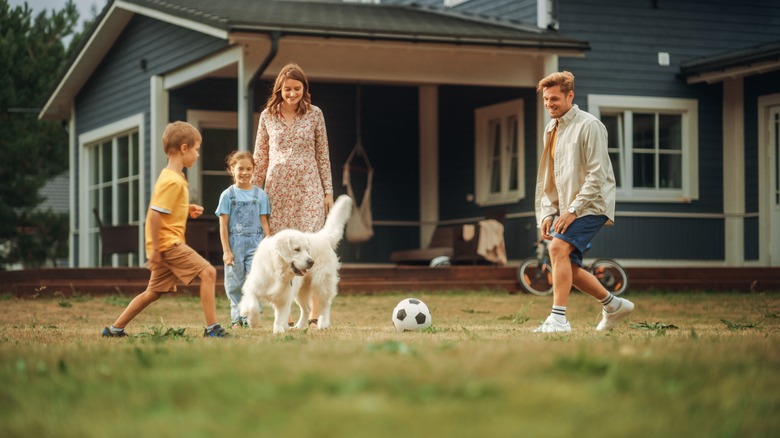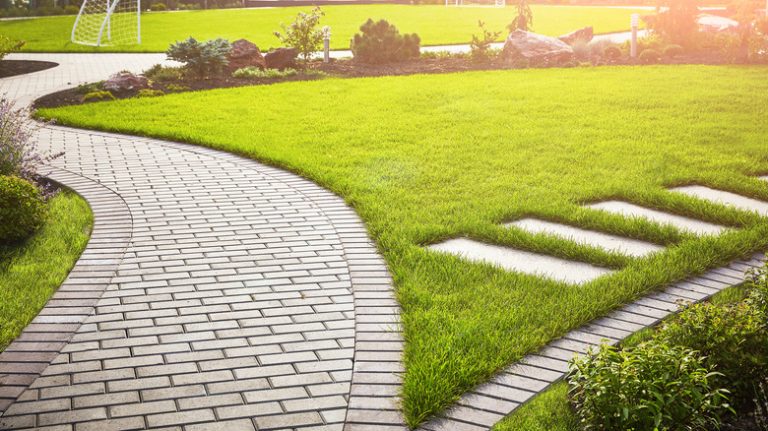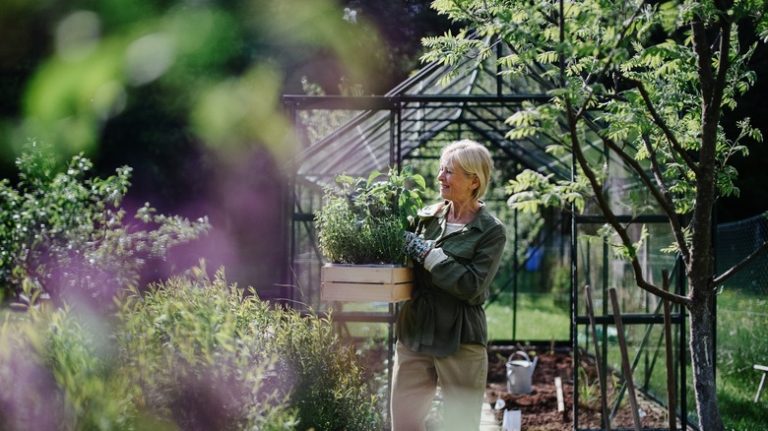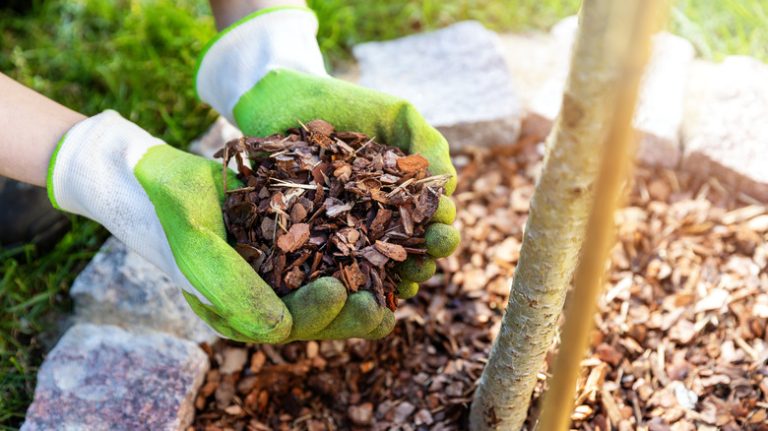It is important to remain mindful of how your design choices could wreck your home’s value. Homeowners often take repairs and upgrades into consideration when thinking about how to preserve the value of their property, but those seemingly small design choices can be more damaging than many people realize. Even something as simple as the type of grass you use in your lawn may have an impact. In fact, United Kingdom-based garden expert Samantha Jones revealed that using artificial grass may lower the value of a home.
Many opt for artificial grass because of its convenience. It does not have to be maintained throughout the seasons and looks lush all year round. However, it may not be the best option for those looking to sell their homes in the near future. “Despite being easier to maintain, many buyers are not keen on artificial grass for their gardens,” Jones told Gazeboshop. “For family homes where young children or dogs are often in the garden, artificial grass can be a preference, but for others, it can cost thousands to remove or reduce the sale value of the home if buyers are not willing to absorb the cost.” You may want to consider sticking with natural grass if you want to maintain your home’s value.
Artificial grass can devalue your home despite its benefits
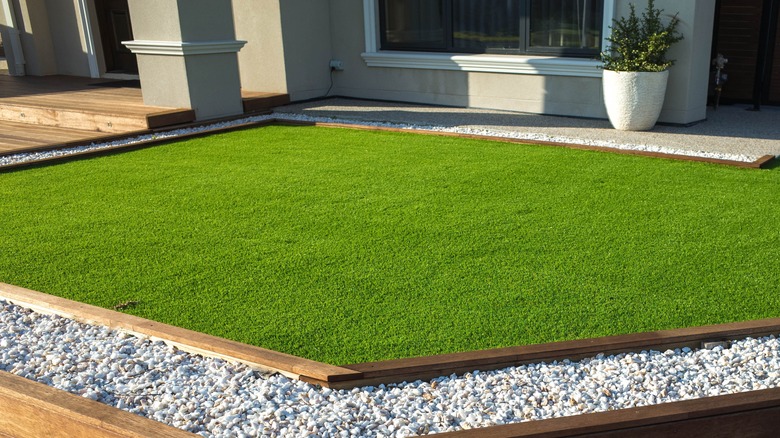
Homeowners who install artificial grass often do so for good reason. For example, it’s a more environmentally friendly option in areas with a dry climate. Natural grass must be watered frequently, which can contribute to excessive water use in drier climates that are more prone to droughts. As a result, artificial grass is popular in these regions.
It is also preferred by many who cannot keep up with the demanding upkeep required to maintain natural grass. It must be mowed, watered, and fertilized. Plus, homeowners risk being fined if they struggle to remove weeds as frequently as needed, or if they allow grass to overgrow. It can be difficult for people with certain lifestyles to stay on top of these duties. Those with busy careers or the elderly may be drawn to artificial grass for this reason.
Although some opt for artificial grass because of these benefits, it may not be worth it given just how much it can devalue a home. John Graham, owner of Dwell Estate and Letting Agents in the U.K., told Express that sellers who installed fake grass experienced a 5% sales value decrease. This may not be surprising, considering it is expensive to replace artificial grass with natural grass. If homebuyers know that they are going to have to pay for a costly yard replacement after purchasing a home, they may no longer consider it and instead favor other options.
Artificial grass is also more expensive to install
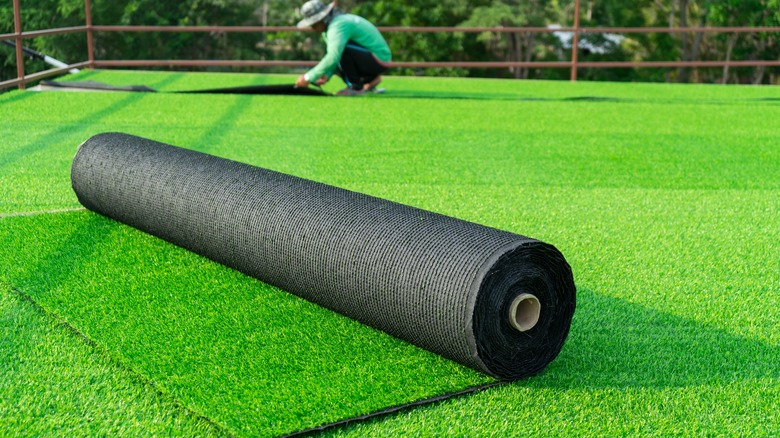
Artificial grass is often favored by those looking to save money on lawn maintenance. After it is installed, you do not have to worry about purchasing lawn upkeep supplies or hiring a team to do it for you. However, while you may save money in the long run with artificial grass, the upfront cost of installation is actually quite high.
According to US Turf San Diego, artificial grass costs about $5 to $15 per square foot to install professionally, while natural grass only costs about 14 to 60 cents per square foot. This drastic cost difference may influence you to really think about whether artificial grass is worth it, especially given the fact that it can devalue your home. Unfortunately, the hefty installation costs associated with artificial grass are not typically a one-time fee. This is because it must be replaced every 15 to 20 years, which is yet another downside that may scare off potential home buyers.

